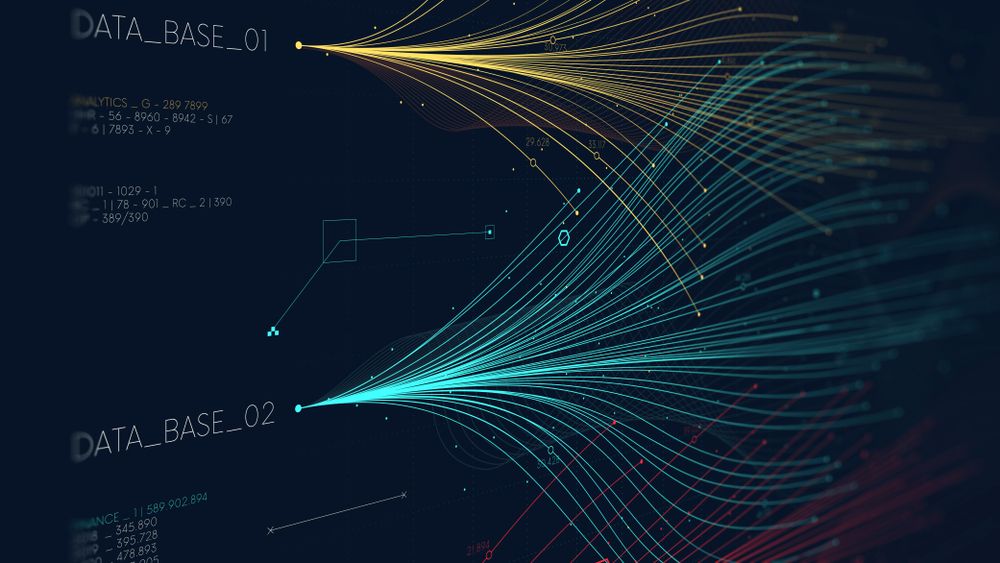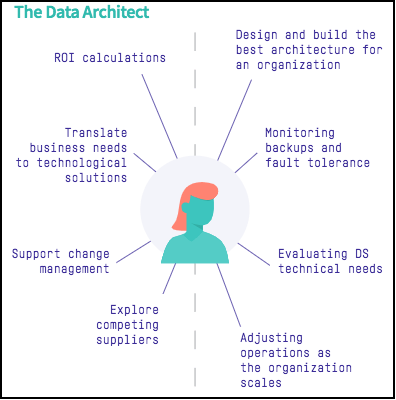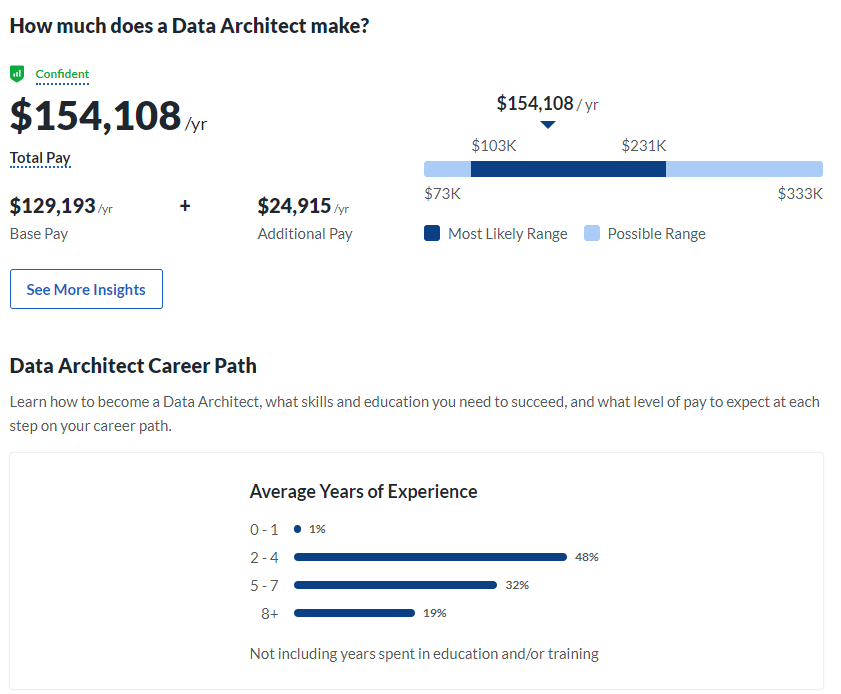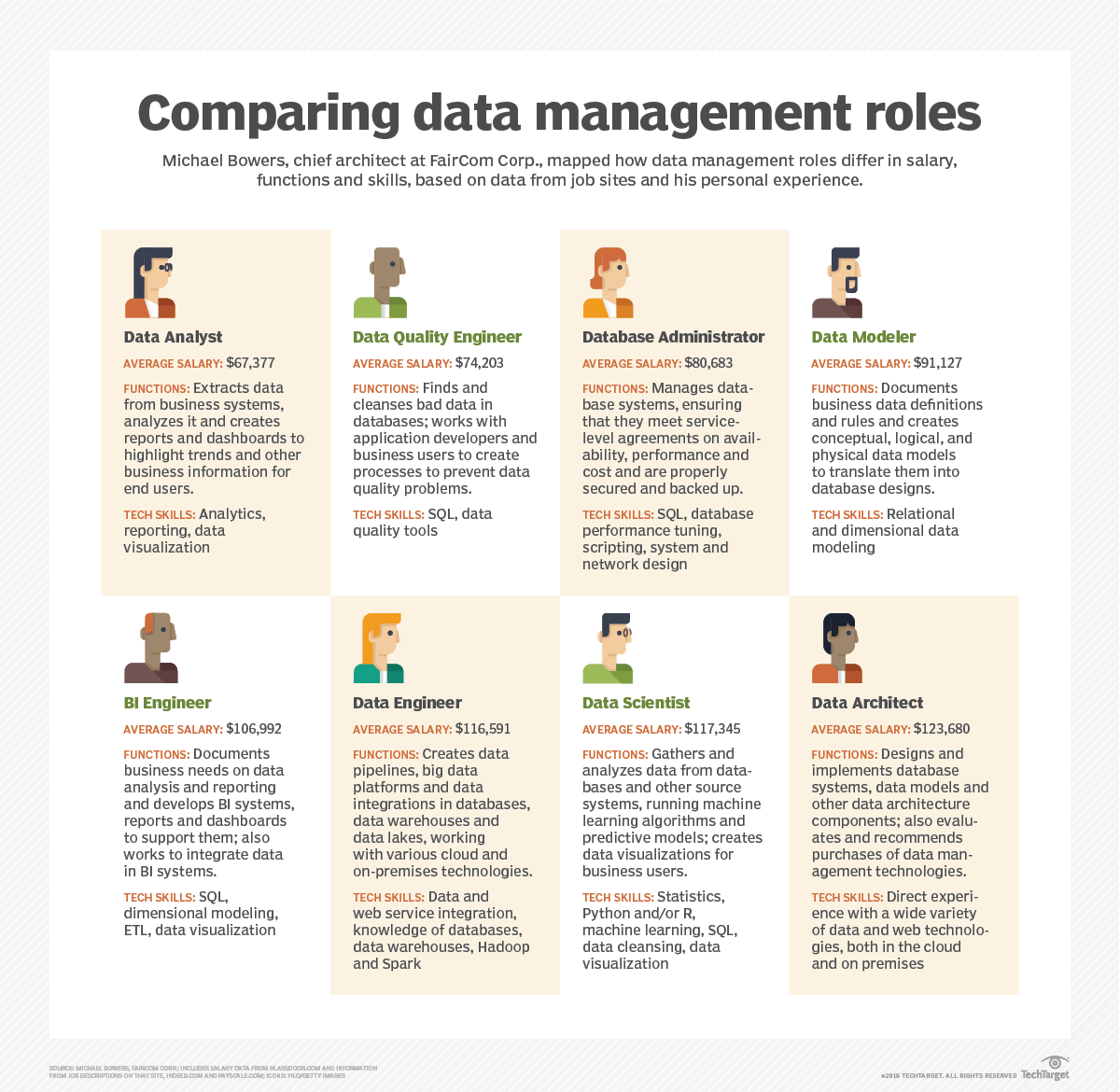course
How to Become a Data Architect
Learn what a data architect does and how to launch a lucrative career in this rapidly expanding niche.
May 2022 · 11 min read
What is a data architect?
Which programming languages should a data architect learn?
What is the difference between a data architect and a data engineer?
How do I become a data architect?
Do I need to go to university to become a data architect?
How much does a data architect earn?
What software does a data architect need to know how to use?
Is a data architect a good career?
Is a data architect the same as a data engineer?
Courses for Data Architects
2 hours
222.1K
course
Introduction to Data Engineering
4 hours
109.3K
course
Building Data Engineering Pipelines in Python
4 hours
26.7K
See More
RelatedSee MoreSee More
blog
How to Become a Data Scientist in 8 Steps
Find out everything you need to know about becoming a data scientist, and find out whether it’s the right career for you!
Jose Jorge Rodriguez Salgado
12 min
blog
How to Become a Data Analyst in 2024: 5 Steps to Start Your Career
Learn how to become a data analyst and discover everything you need to know about launching your career, including the skills you need and how to learn them.
Elena Kosourova
20 min
blog
How to Become a Data Engineer in 2024: 5 Steps for Career Success
Discover how to become a data engineer and learn the essential skills. Develop your knowledge and portfolio to prepare for the data engineer interview.
Javier Canales Luna
18 min
blog
What Does a Data Analyst Do?
Discover what a data analyst is, what they do, and what you need to break into one of the most in-demand careers in data science.
Javier Canales Luna
11 min
blog
How to break into data science
Looking to break into data science? Find out how to get started on your data science journey and what types of opportunities are available today.
DataCamp Team
6 min
blog
How to Become a Machine Learning Engineer in 2024
Learn how to become a machine learning engineer and discover why it is one of the most lucrative and dynamic career paths in the data world.
Kurtis Pykes
18 min



